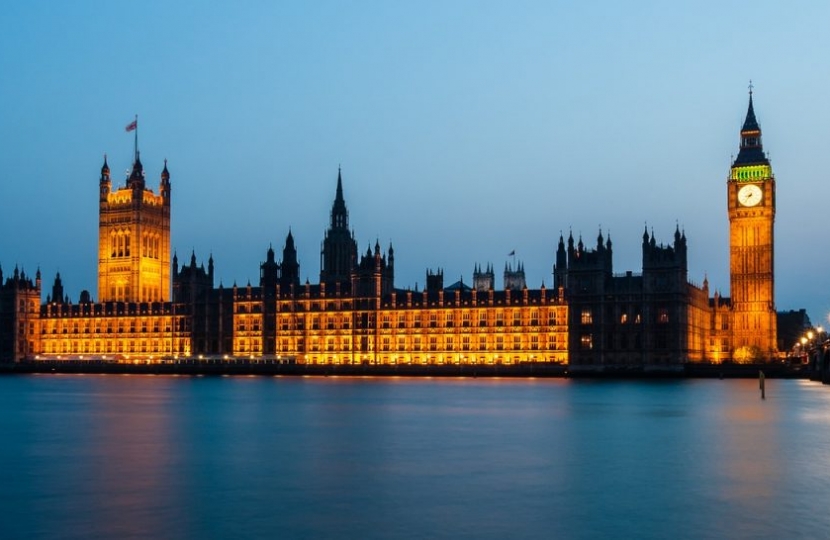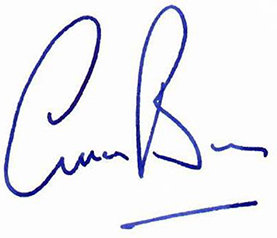
SPENDING ON AID
January 2021
Thank you for contacting me about spending on aid.
It was with great regret that I supported the tough choice that the Chancellor made in temporarily reducing the budget from 0.7 per cent to 0.5 per cent of the UK's national income. It seemed to me very difficult to continue at the previous level, borrowing money from other countries to pass on to third parties at the expense, in terms of interest payments, of the hard pressed British tax payer in the prevailing circumstances.
I should point out that the International Development (Official Development Assistance Target) Act 2015 envisages circumstances in which the 0.7% target may not be met, in particular in the context of economic pressures. The UK is facing the worst economic contraction in almost 300 years, and a budget deficit of close to £400 billion – double that of the last financial crisis. It is worth noting only one other G20 member allocated 0.5% or more of GNI to development spending.
The UK remained the third largest donor of the 29 Development Assistance Committee (DAC) member countries in 2019 at £15.2 billion, behind the United States (£27.1bn) and Germany (£18.7bn). The UK’s share of total DAC Overseas Development Aid was 12.7 per cent. This is unchanged from 2018. Many members are also from a lower starting point, now re-appraising their spending plans, as we are being forced to do. Despite the reduction we expect our development spending next year to total around £10 billion, maintaining our status as one of the leading countries in the world, in terms of our ODA spend.
The United Kingdom is out there every day, our people, on the ground in the disaster zones, in the refugee camps, tackling famine and drought, helping lift people out of poverty, and build a more hopeful future for millions of people struggling and striving against the odds. Even in the toughest economic times, we will continue that mission. We should not overlook the help provided to countries above and beyond that covered by the aid budget. This includes UK Armed Forces deployments, for example. The UK deploys many short-term military training teams to help build the capacity of national military forces, ensuring a number of states across Africa can respond appropriately and proportionally to the security threats they face, including terrorism, the illegal wildlife trade, violations of human rights and emerging humanitarian crises. Additionally, the UK is a major financial donor to peacekeeping operations. The fifth largest contributor, the UK provides 6.68% of the UN’s overall budget for peacekeeping. The UK is one of Gavi’s (the Global Alliance for Vaccines and Immunizations) six original donors and one of two donor countries that support Gavi through all four funding channels. The UK hosted Gavi’s 4th June 2020 replenishment conference, the Global Vaccine Summit, where the Prime Minister pledged £1.65bn to Gavi over 5 years and in September 2020, the Foreign Secretary pledged a further £500m. These activities take place in addition to the help provided through the ODA budget and, as I am sure you will agree are not inconsequential. Nevertheless, I am keen to return to our previous commitment and am reassured, having spent a lot of time with the Prime Minister whilst working as his PPS at the Foreign Office, when he says that this cut is a temporary measure, which has been taken as a matter of necessity and that we will return to 0.7% when the fiscal situation allows.
